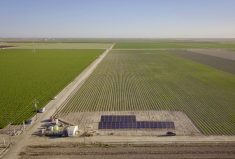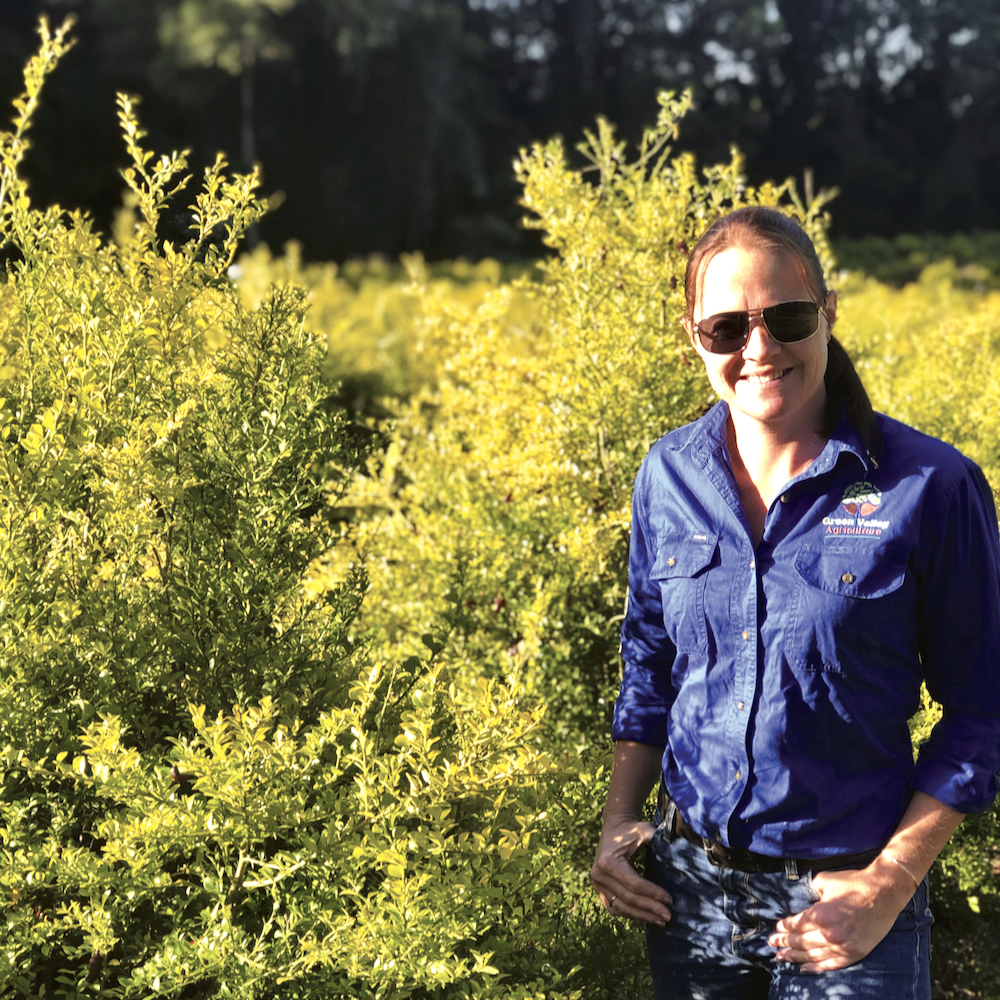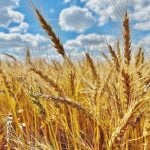Glacier FarmMedia – A new report by the University of Calgary’s School of Public Policy says the level of federal government support offered to Canada’s agriculture sector during the COVID-19 pandemic has been inadequate.
Ottawa should take additional steps to reduce the financial burden on farmers by providing additional financial assistance, ensuring a more stable trade environment and developing a comprehensive, long-term, national agri-food strategy, the report says.
The document, entitled Canada’s Food Security during the COVID-19 Pandemic, suggests that challenges caused by COVID-19 have exposed weaknesses in the Canadian food supply chain.
Read Also

The big squeeze: How to be fair to siblings during farm succession
Managing sibling business relationships on family farms.
Together, those weaknesses have resulted in reduced farm incomes and have placed unprecedented economic stress on many producers.
“Labour shortages, major shifts in consumer demand, and the slowdowns (or) closures at processing plants have already exacerbated food insecurity among Canadians and increased financial pressure on primary producers,” says the report’s author Kerri Holland, an ag industry consultant and policy analyst at the Simpson Centre for Agricultural and Food Innovation and Public Education.
“Canada’s recovery from this pandemic will rely heavily on a stable agricultural sector, but without swift government action, Canada’s food security is far from assured.”
Although Ottawa has made a number of announcements aimed at supporting agriculture and addressing food security concerns, the Liberal government has failed to address fundamental economic issues facing the country’s farmers, said Holland.
In an interview, she described Ottawa’s support for the Canadian agriculture industry — both pre- and post-COVID — as largely ineffective.
Despite initial concerns over panic buying at supermarkets, empty grocery store shelves, regional shortages of some food products and closures at meat processing plants, the Canadian food supply chain has demonstrated its resiliency, she said.
But when Canadian food security is viewed in wider context, a larger looming problem is the financial stability of famers themselves, she said.
“I think that for the time being, consumers can be very confident that (food) supplies will remain stable,” Holland said.
“Where the real impact and the real hurt of some of these supply chain disruptions has been is on the primary industry,” she continued.
“Especially in the livestock and produce sectors, the impact of those supply chain disruptions has been a huge financial loss for our primary producers.
“In the pork and beef industries alone, those farmers have lost well over $1 billion dollars so far, so I think (Ottawa) needs to step up and definitely take some additional steps….”
Holland was critical of some federal announcements presented as COVID relief measures for the ag sector.
An announcement in March to expand FCC’s lending capacity by $5 billion, for example, was part of the Liberal government’s 2019 election platform.
Extending more credit to a Canadian farm industry that’s already carrying a record debt load of roughly $115 billion does nothing to relieve the immediate financial hardships being endured by individual producers, she argued.
More recently, a $252 million funding package announced in May included $125 million that is typically budgeted for the federal-provincial AgriRecovery program.
“A lot of the announcements that they’ve made are just announcing old money,” Holland said.
The pandemic-related financial aid that American farmers have received is huge compared to what growers in Canada have been offered, she added.
In the United States, “they’re building on their already $19 billion announcement for American farmers, and going forward, that really puts us at a competitive disadvantage as well.”
In addition to more short-term financial aid, Holland’s report also suggested other government measures.
Specifically, Ottawa needs to act more assertively on the trade front by helping to develop new export markets and ensuring existing markets are not disrupted.
A national agri-food strategy that promotes key priorities of the agriculture industry — including a larger value-added processing sector — would also be helpful, she said.
“I think that Canadian farmers need to be helped through this pandemic, but we also need to have a long-term vision of how we can better support our primary producers and I think one of the key ways we could do that is by looking at how our business risk management (BRM) programs right now are working, but especially how they’re not working for most of our farmers,” she added.
By some estimates, only 30 per cent of Canadian farmers are enrolled in AgriStability.
“For years the Canadian Federation of Agriculture and its provincial affiliates have been calling for some reform to those risk management programs, so I think it’s time that we started listening to what’s coming up from those various sectors about how we can better support our producers when crises do hit and when volatile markets are experienced.”
Holland’s comments about the need for BRM program reforms have been echoed by Grain Farmers of Ontario in its campaign for greater funding for corn and soybean farmers.
This article was originally published at The Western Producer.















